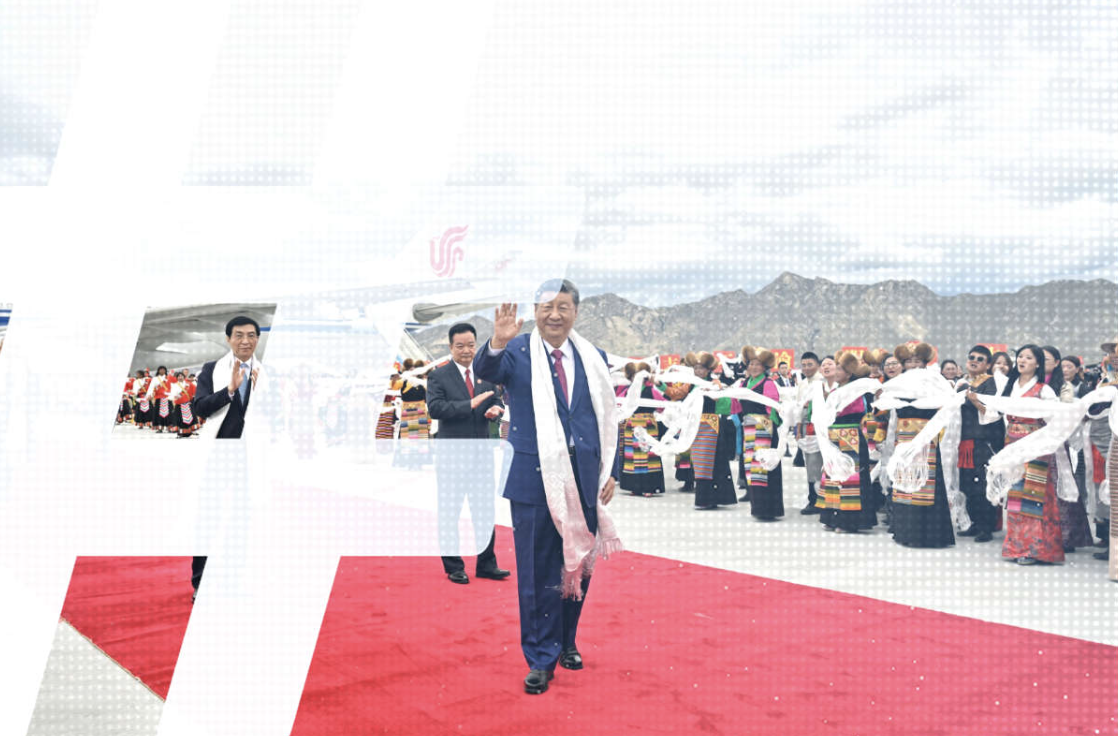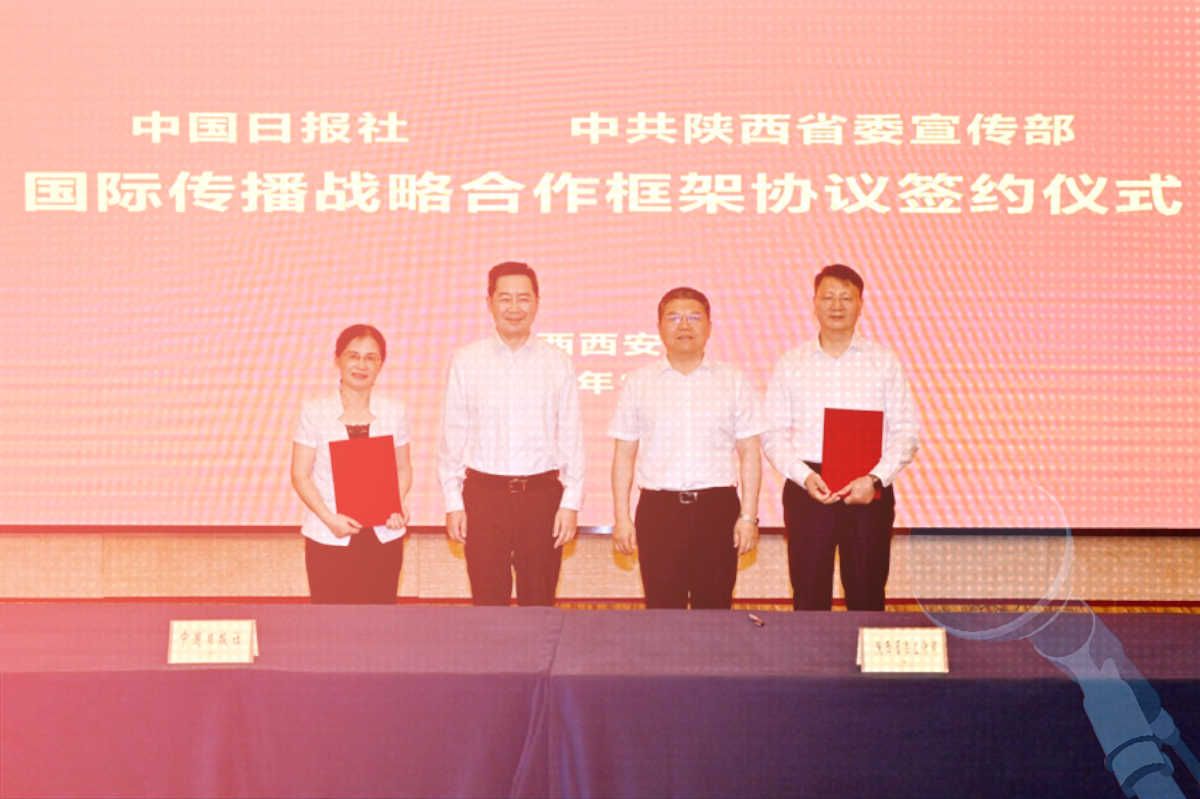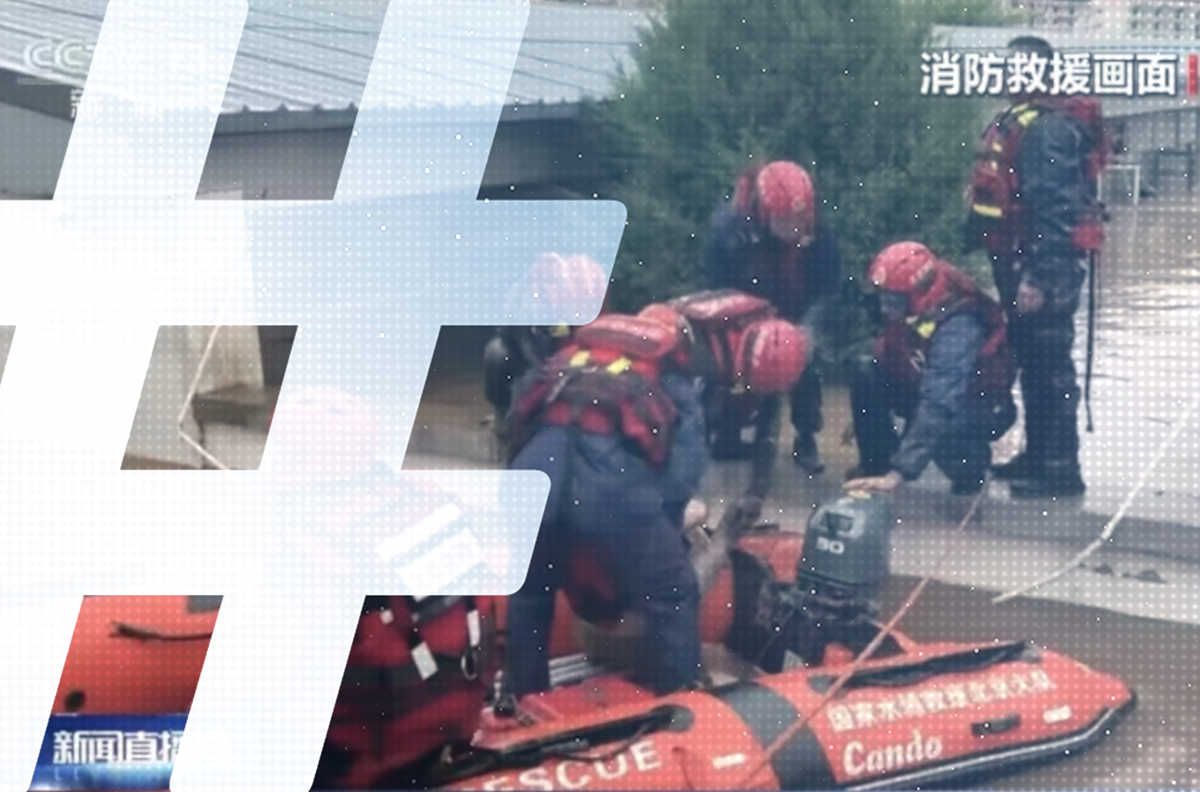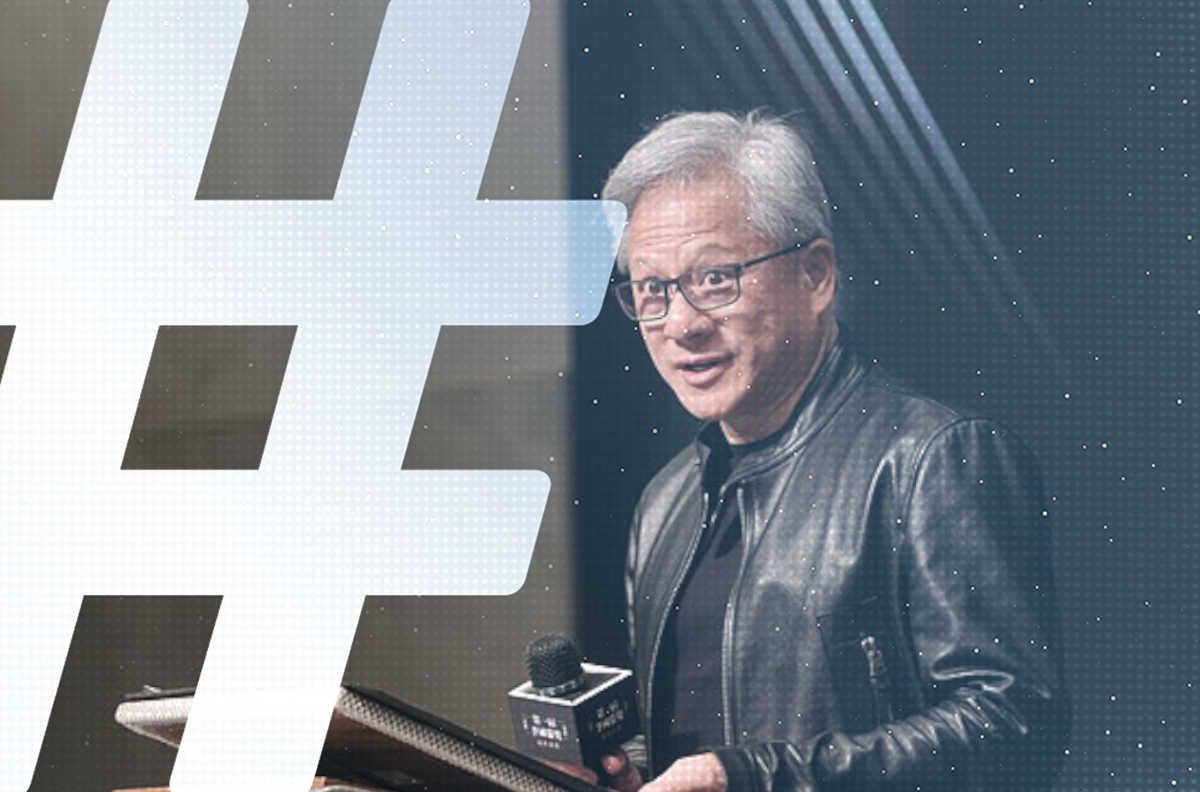Headlines and Hashtags
Shanghai’s official Liberation Daily calls for “reason” and “order” in the wake of the maglev protests
By David Bandurski — Following a popular march in Shanghai on Sunday to protest the proposed extension of the city’s magnetic levitation (“maglev”) train line, the official Liberation Daily ran an editorial today criticizing the action. The thinly veiled message to Shanghai residents: Let’s be “rational” and “orderly” about our opinions — and don’t let it happen again.
While the tone of the editorial from the official Shanghai party newspaper was paternalistic and remonstrating, it seemed also to tread a fine line, at no point making direct mention of the events of last Sunday.
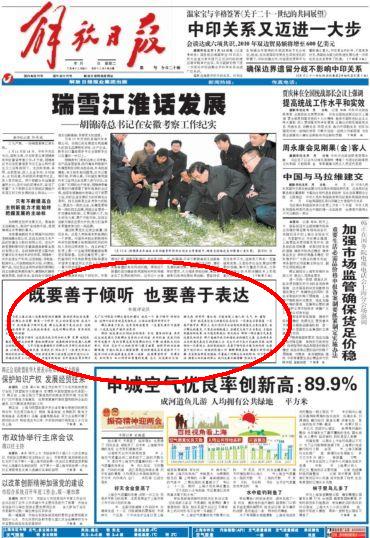
[ABOVE: Image of the front page of today’s Liberation Daily, with its lightly veiled criticism of the Sunday protests circled in red at center.]
“Shanghai is now entering a key stage in its development and transition,” the editorial began. “The city has promoted economic and social development and done real things for the people through a scientific and democratic process of decision-making. In the process the government has listened to the popular will in good faith, and therefore the people also must express their demands in an attitude of good faith.”
All actions of the Shanghai government, said the editorial, were about “doing good work for the people.” The editorial outlined “reason” and “order” as the two points of understanding between Shanghai’s government and its people:
Reason is about recognizing where the basic, long-term and comprehensive interest of society lies. In fact, this is about the immediate public interest of the vast majority of the people. In the midst of our scientific development, there is much real work to be accomplished that has both beneficial and harmful sides but for which the benefits outweigh the negatives. In such cases, we must think about the greater good. At the same time, the people are entirely able to offer suggestions to government offices. Only by breaking through difficulties in a scientific manner can we avoid harm from the very base. When certain actions are necessary or inevitable under the present conditions, we must respect science, be practical, work together and develop scientifically and intelligently.
“We must understand the whole body (识大体), take the general situation into account (顾大局), talk scientifically, see the big picture (看全局),” the editorial continued in party jargon that essentially meant understanding and respecting the interests and priorities of party leaders. “Only then can we show the ‘capacity’ (大气) and ‘intelligence’ (大气) of the Shanghai people.”
By this “reason,” of course, the editorial meant the PARTY’s reason, the kind of “reason” acceptable to party leaders and conducive (in their view) to social stability and development.
Next up was “order”:
Order means that when we express our own opinions or demands we must do so through normal channels, strictly upholding the law. In fact, we have many legal and effective channels through which [people] may thoroughly express their opinions. Only normal expression through stable, orderly and legal channels will bring the most effective results.
But wait just a minute. What are these “effective” normal channels? The media, which are controlled by party officials? The overloaded letters and calls (信访局) system?
And what about the law? Were Shanghai citizens acting illegally when they gathered on People’s Square? The editorial drones on with its paternalistic tisk-tisking:
We must not use “street politics” (街头政治) and these sorts of extreme means to express opinions and demands. This will only disturb the stable basis of our harmonious society and derail the normal process of opinion expression. This is entirely unbeneficial to the realization of the interests of various parties and this trend must be prevented.
What the editorial refers to as “street politics” is in fact protected under Article 35 of China’s constitution, which says “citizens of the People’s Republic of China enjoy freedom of speech, of the press, of assembly, of association, of procession and of demonstration.”
This was, nevertheless, not to be tolerated.
The editorial went on to say the party and government must patiently carry out thought work (思想工作) — or propagandizing of its “rational” and “scientific” policies — as they gave ear to the opinions of the people.
The final sentence was an unambiguous warning shot of resolve:
As for those illegal acts that do damage to the public interest, we must with clear minds resolutely oppose them.
[Posted January 15, 2008, 8:03pm HK]















